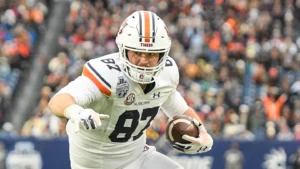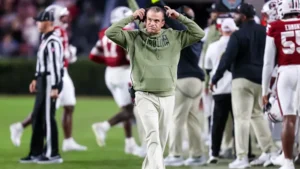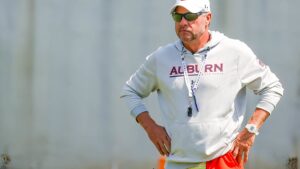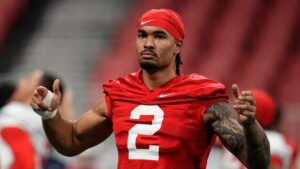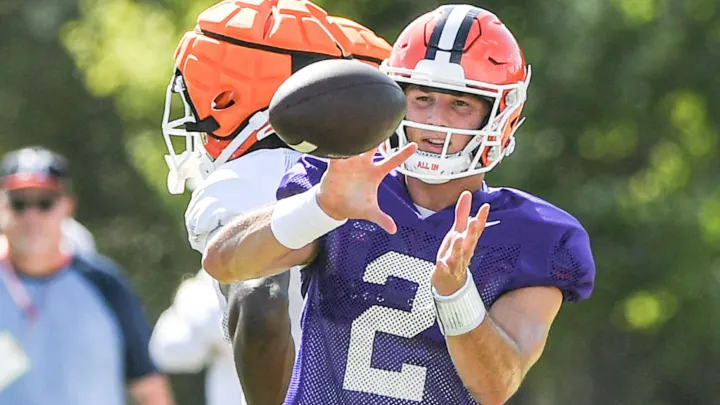
Klubnik Reveals the Off-Field Lesson That Could Define His Future
As NIL (Name, Image, and Likeness) continues to transform the landscape, athletes are now navigating contracts, endorsements, and income streams that didn’t exist just a few years ago. But as Klubnik explained, the real challenge isn’t just making money—it’s learning how to manage it.
Klubnik emphasized that Clemson is taking proactive steps to ensure players are prepared both on and off the field. The program has started integrating financial education into team development, with lessons ranging from filing taxes and budgeting to building credit and forming LLCs to handle NIL revenue.
For many players, this is their first time dealing with financial responsibilities, and Clemson is treating that education with the same intensity it gives to game prep.
“We’re learning about things we’ll use for the rest of our lives,” Klubnik said. “It’s not just about the next game—it’s about the next 10 years.”
His insights reflect a growing trend across college football, where athletes are no longer just seen as players but also as entrepreneurs and public figures. The stakes are high, and schools like Clemson are responding by building a support system that goes beyond football.
As NIL opportunities grow, Clemson’s approach could become a model. Teaching athletes how to handle success off the field may be one of the most valuable wins a program can deliver.

